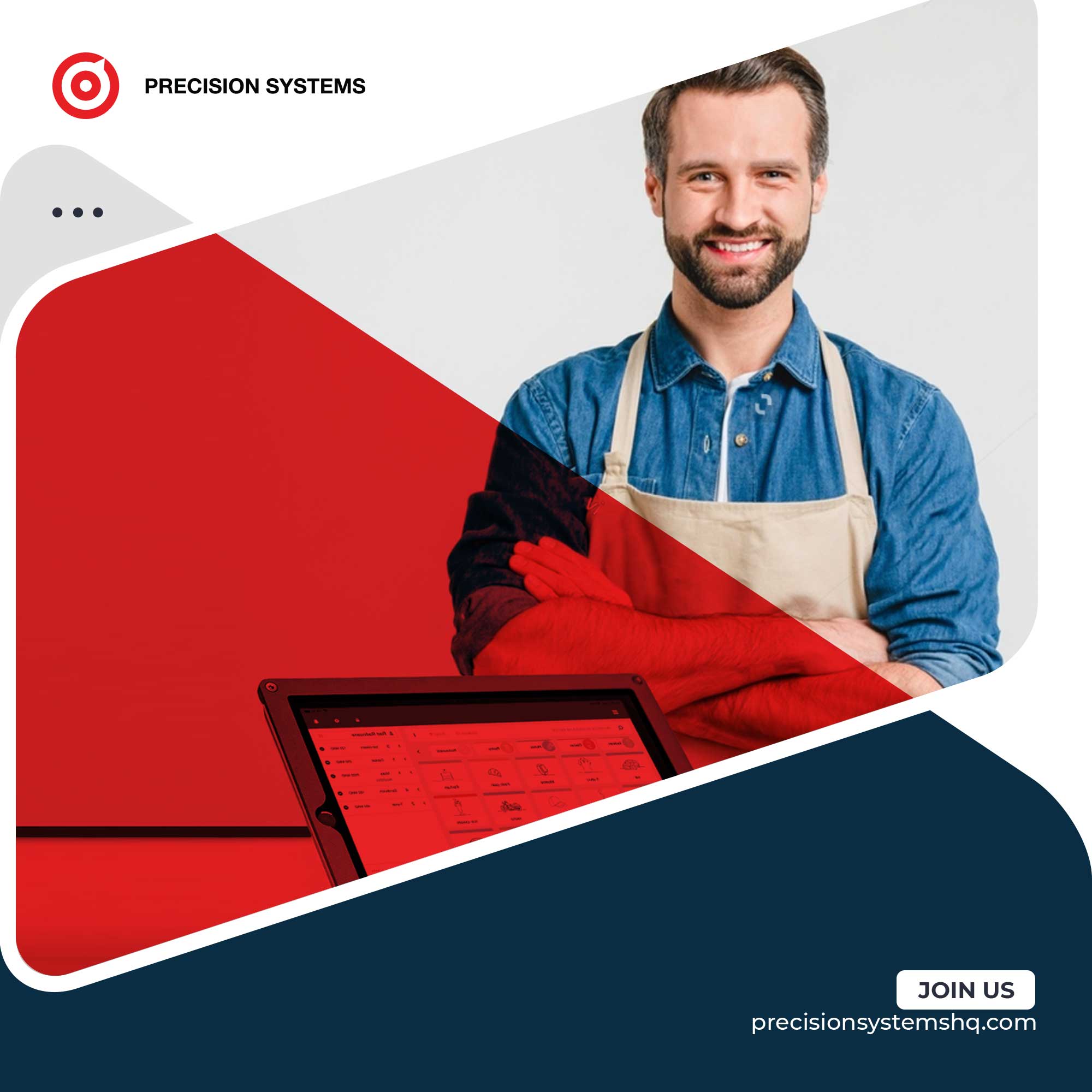What's a POS system ?

This article will enlighten you by answering the following questions:
What is a point of sale?
What is a point-of-sale system?
What is a mobile POS system?
What hardware does a POS system need?
What is a point-of-sale transaction?
What are the main features of a POS system?
What is a point of sale?
A point of sale (POS) is the place where customers make their payment for a good or service and may be required to pay sales tax.
It may be a physical store where POS systems are used to process card payments.
Or it may be a virtual point of sale, such as a computer or mobile device.
What is a point-of-sale system?
A POS system is a system with more functionality than a cash register, which simply handles payments. The POS enables all commercial transactions between the customer and the company to be recorded and controlled.
You could say that the POS is a computerized network made up of a host computer connected to several cash register terminals and supported by various hardware functionalities ranging from barcode scanners to card payment terminals.
The POS manages sales, stock, customer relations (CRM), data analysis, security, integration with other applications, and much more!
There are 3 types of point-of-sale systems:
A local POS system with local storage that cannot be accessed remotely.
A cloud-based POS system that operates and synchronizes your data with the cloud server.
A hybrid POS system like Precision POS offers the best of both worlds:
It can be accessed remotely via the cloud, but also maintains a local server.
It enables real-time data backup and synchronization via the Internet, and maintains real-time data.
It facilitates the execution and management of software updates via the cash register system provider.
What is a mobile POS system?
A mobile POS system is software or an application that is installed on a cell phone or tablet and operates like a cash register. It's used by businesses whose activity requires fast transactions... but what else?...
To benefit from this technology, all you need is a dedicated application, a good Internet connection and a credit or debit card reader.
Among the advantages of having a point-of-sale system for your business:
Fast payments and on-the-spot invoicing.
Good management of customers and their sales orders.
Enhanced customer experience.
Efficient management of purchasing and supplier orders.
Secure processes.
Optimal employee management.
Enhance corporate image and reputation.
24-hour access to data from any location.
Simplified operations.
Manage promotions and services.
Save time and energy with optimal results.
Reduced errors.
Reduced costs.
What hardware does a POS system need?
POS hardware is a set of input and output peripherals that enable POS software to operate at the point of sale.
NB: POS hardware is designed to work with specific software. This means you can't just buy any receipt printer and plug it into your POS system. When POS software vendors develop software, they design it to work with specific hardware components and communication protocols. That's why software publishers offer hardware packages that include all the equipment you need to get the most out of your software. We invite you to consult Precision's recommended hardware list to find out more.
Here are just some of the POS hardware components you'll need for your business:
- Touch-screen monitor or tablet.
- Credit card terminal.
- Cash drawer.
- Receipt printer.
- Barcode scanner.
What is a POS transaction?
A POS transaction typically occurs when a buyer pays to purchase an item from an offline or online seller.
The purpose of the POS is to monitor and record all transactions between buyers and sellers, and to keep track of them.
A concrete example of a point-of-sale transaction:
Step 1:
A buyer selects products/services from a seller.
Step 2:
The seller scans or selects from his sales screen the product or service for which the price is automatically calculated and can be modified if desired.
Step 3:
The buyer makes an online or offline payment.
Step 4:
A POS transaction has taken place.
What are the main features of a POS system?
- Billing for different types of transactions: sales, purchases, rentals and repairs.
- Inventory management.
- Customer order management (for better customer satisfaction).
- Supplier order management.
- Integrated supplier purchasing.
- Consistent, customizable reports (for better decision-making).
- Multi-store management (from a single location at the same time, with access to real-time data 24 hours a day).